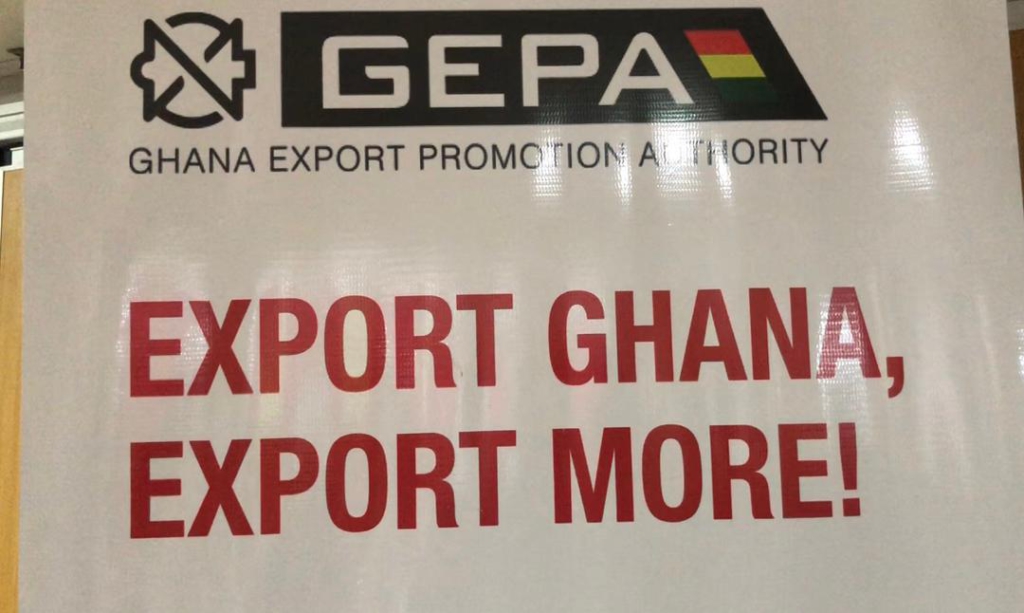Many Ghanaian producers are failing to register their products to access international marketing potentials.
According to the Ghana Export Promotion Authority (GEPA), exporters can only ship across borders when their products are certified by regulatory institutions.
The Authority observed that exporters are challenged in selling overseas when they overlook the essence of following protocols.
“People should not see export as a difficult business. There are things you [exporters] need to do, especially, there are documentations you need to get in place,” the Deputy Ashanti Regional Director of GEPA, Francis Fosu Kwakye, said.
He added, “Some need to get their products certified by regulatory institutions like the Food and Drugs Authority or the Ghana Standards Authority. They need to take things step by step. Once they can do that, they are good to go into the international export business.”

Mr Kwakye was speaking at the closing ceremony of the first annual Export School Programme organised by GEPA in Kumasi.
The five-day school programme and exhibition which was on the theme, “Export Marketing Fundamentals,” acquainted aspiring exporters with the rules and regulations of exporting.
The exporters were equipped with knowledge on opportunities in regional trade agreements with the ECOWAS and the African Continental Free Trade Area (AfCFTA).
Francis Fosu Kwakye observed that lack of information and export financing are hindering the potential of people who aspire to export.
“People have the desire to export, but they don’t have much information on international trade and what is involved in exporting.
Generally, they also have problems with export finance, banks and businesses on how to deal with business financing,” he noted.
Aspiring exporter, Ama Serwaa Kyei, who owns Serama Slippers and Sandal business said, “I couldn’t get the certification at Ghana standard Authority because I couldn’t meet most of the requirements. Now that I have come to the export school, my eyes have been opened to them and I think it’s necessary to do that.”
CEO of 360 Naturals, Diana Bosompem, was excited about the awareness of employing legal services in her business.
She, however, bemoaned the high cost of accessing the export market.
“We find the legal aspect important because how we deal with potential importers has so many lapses in communication and pricing. What is hindering us is the shipping cost.
“We are hoping that the government can subsidise some of our shipping costs to keep the eye on the investor here. Importers bear all the cost of production and delivery, which are in the ascendancy,” she said.





